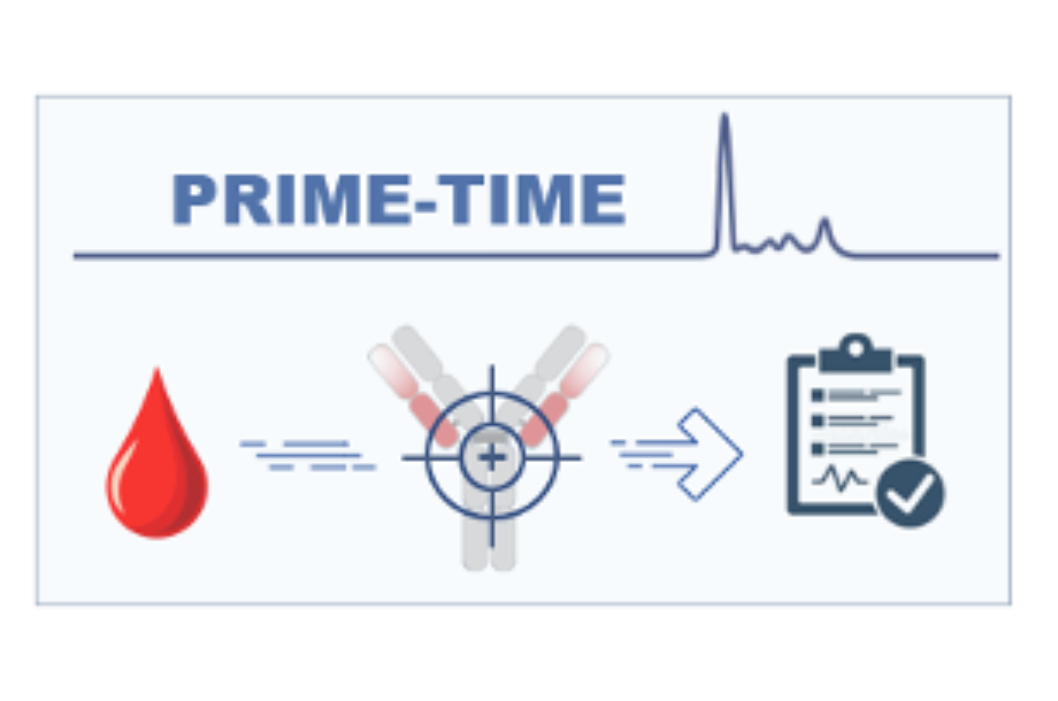Personalized mass spectrometry to improve diagnostics of hematological cancers
The PRIME-TIME project develops personalized mass spectrometric blood tests that allow minimal residual disease (MRD) monitoring of hematological cancers and also provide patient-specific information on the expected disease behavior. The PRIME-TIME project is a public-private partnership between the Radboudumc having a strong track record in development of personalized mass spectrometric solutions and Sebia, the world-leading IVD company in this field of hematological cancers.
Monoclonal Gammopathies (MG) encompass a spectrum of common hematological disorders that range from benign to life-threatening, incurable malignancies such as multiple myeloma and AL-amyloidosis. The personalized blood tests developed in the PRIME-TIME project aim to replace invasive bone marrow-based MRD-monitoring. Additionally, patient-specific information on the expected disease behavior allows prediction, early detection and prevention of disease induced organ damage.
The personalized blood tests are based on targeted mass spectrometry of the unique monoclonal antibody (M-protein) that is produced by the cancer cells. The aim in work-package 1 is to expand the clinical applications of the jointly developed MS-MRD blood test to enable minimal invasive MRD-monitoring in the full spectrum of MG’s. The mass spectrometry solutions in work-package 2 focus on unravelling the pathogenicity of the M-protein to provide a novel clinical biomarker for risk-stratification allowing early identification of patients that need clone-directed therapy to prevent irreversible organ damage.
The diagnostic workflows developed within PRIME-TIME will improve the quality of life of cancer patients by less invasive and more accurate diagnostics that allow informed decisions on personalized therapy.



